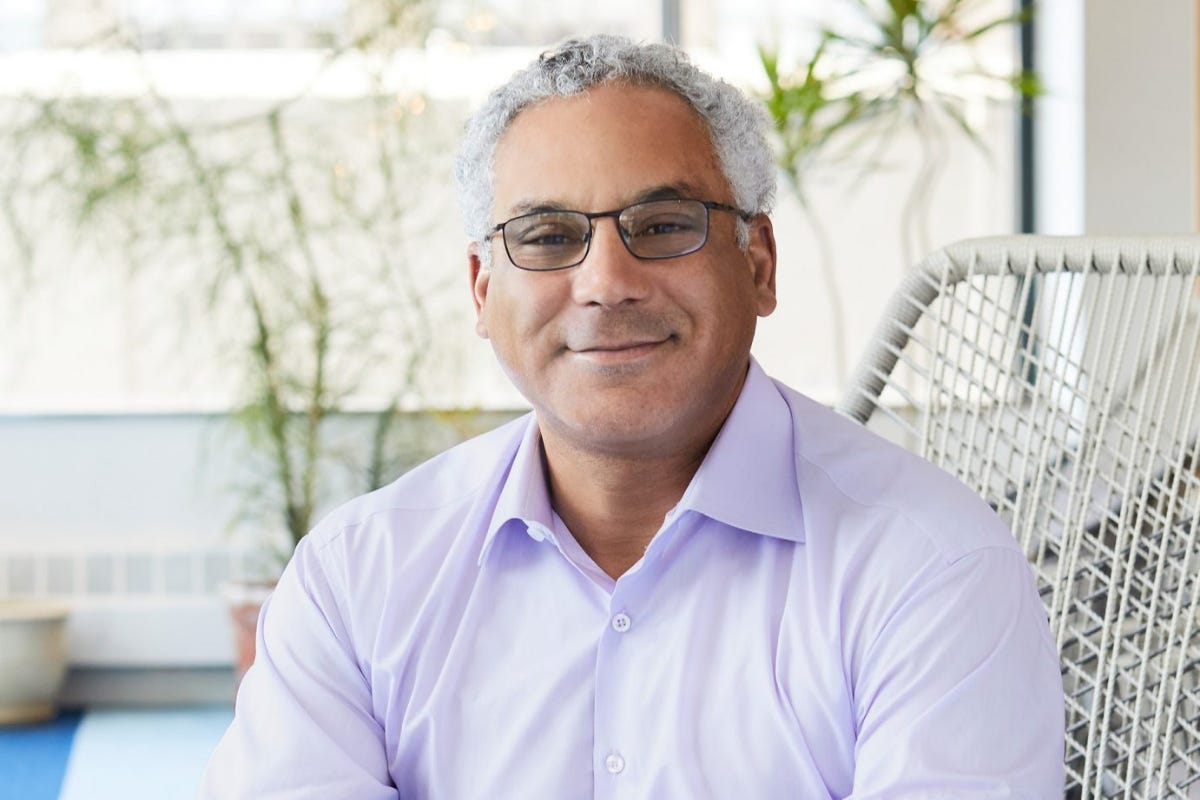This Week in Tech, Race, and Gender - DINT 134
Yancey Spruill, former CEO of cloud and data firm Digital Ocean, shared a personal story of unity across beliefs.. Plus, Google bankrolls first AI Institute at an HBCU,
News Feature + Commentary
Black Tech CEO Mentored by KKK Member Incites Employee Protest

Trauma shows up in many ways. Some of us fight back and become well-adjusted. Others enter a kind of Stockholm Syndro…


